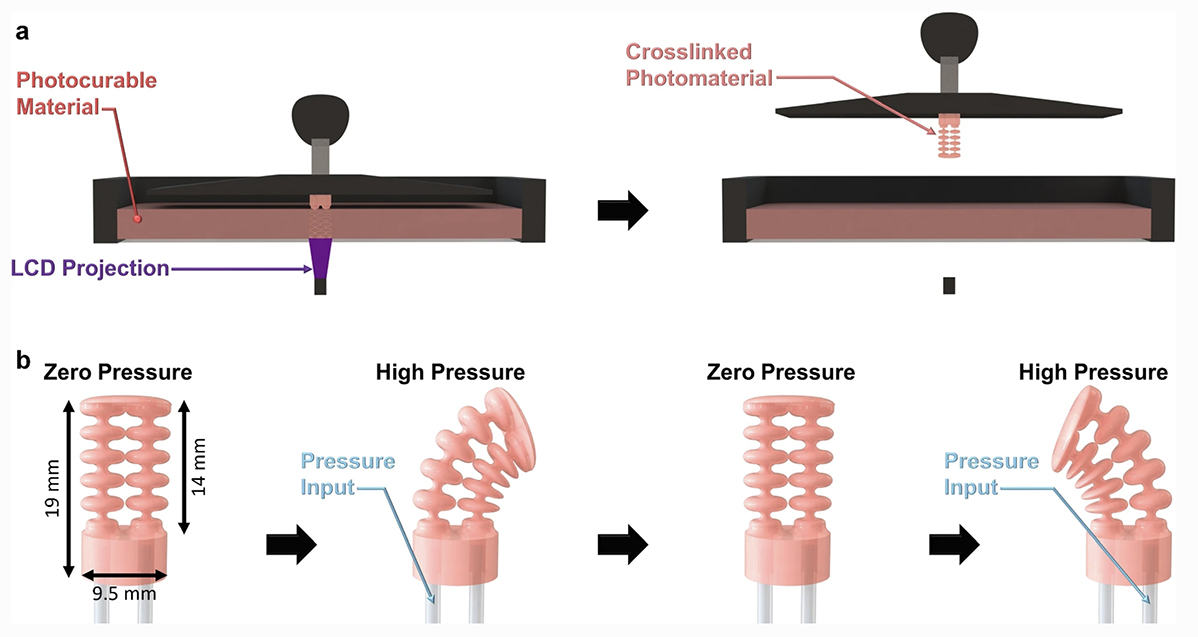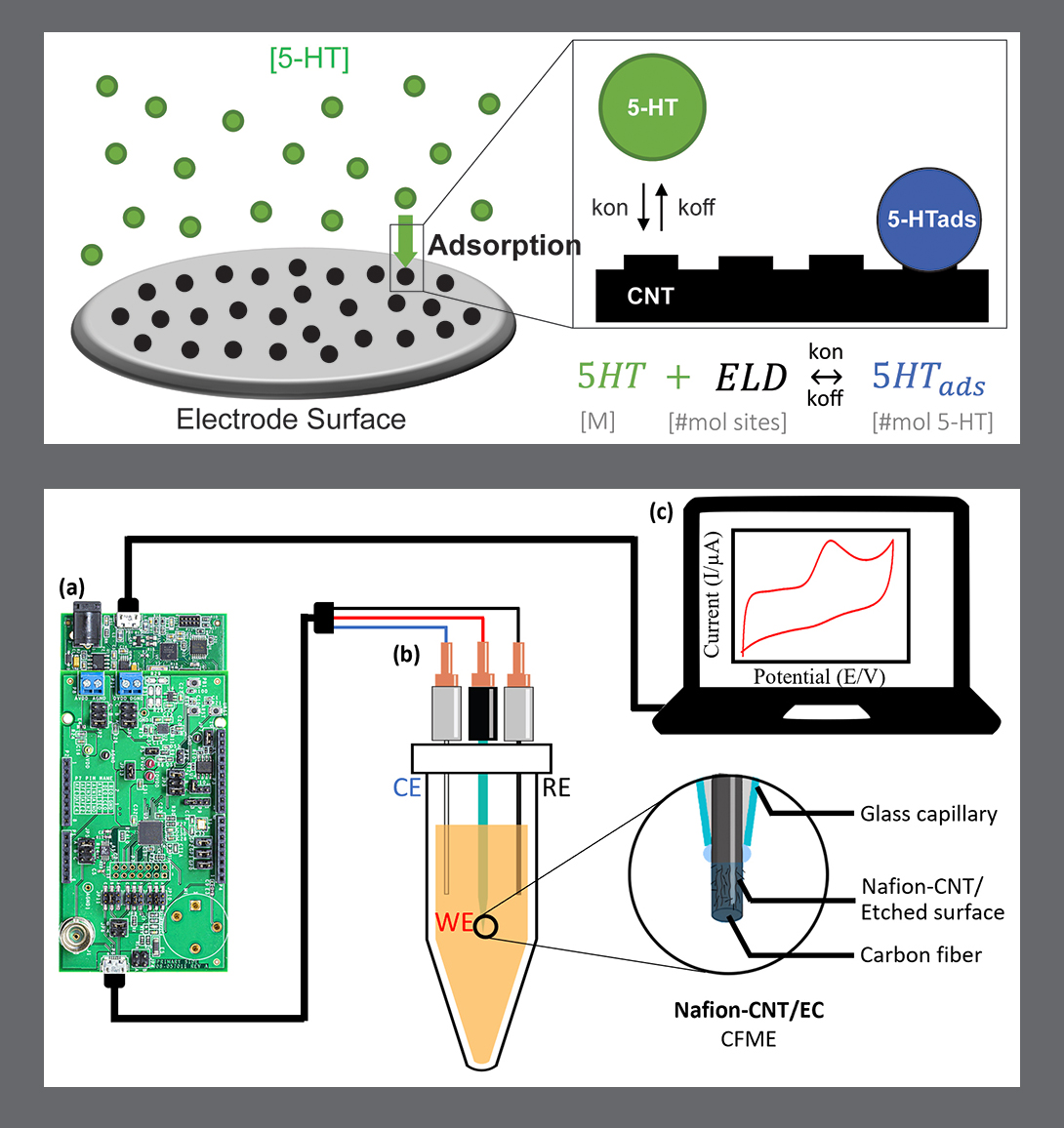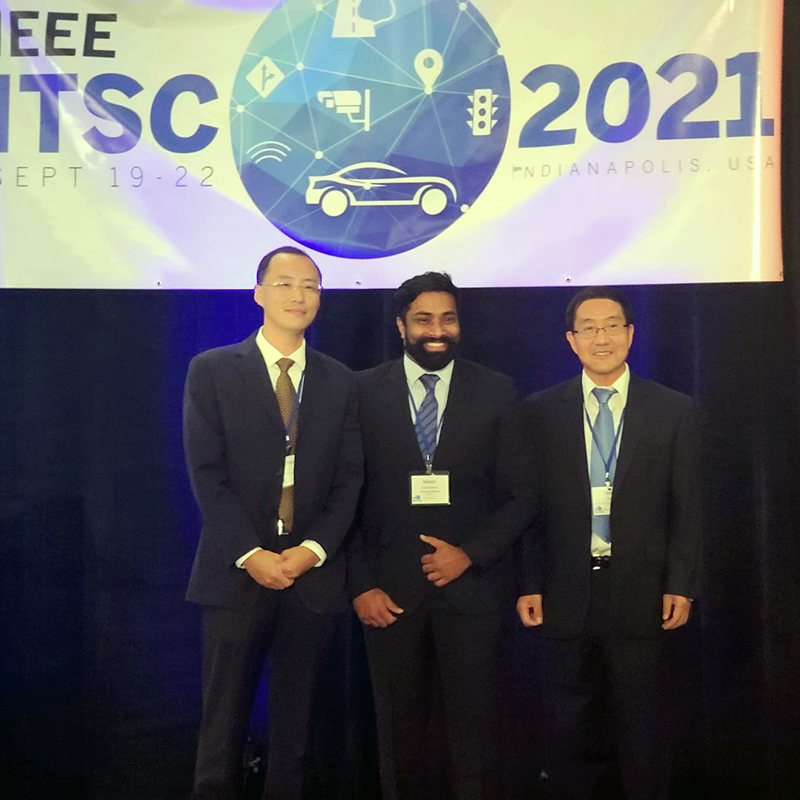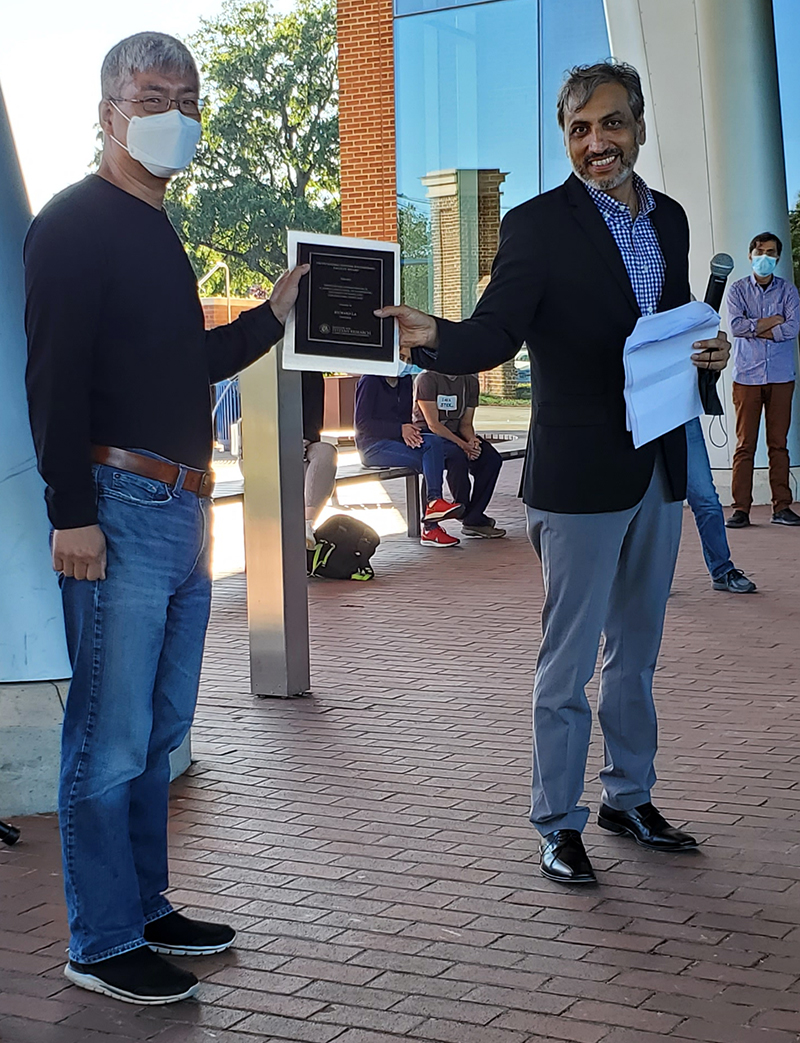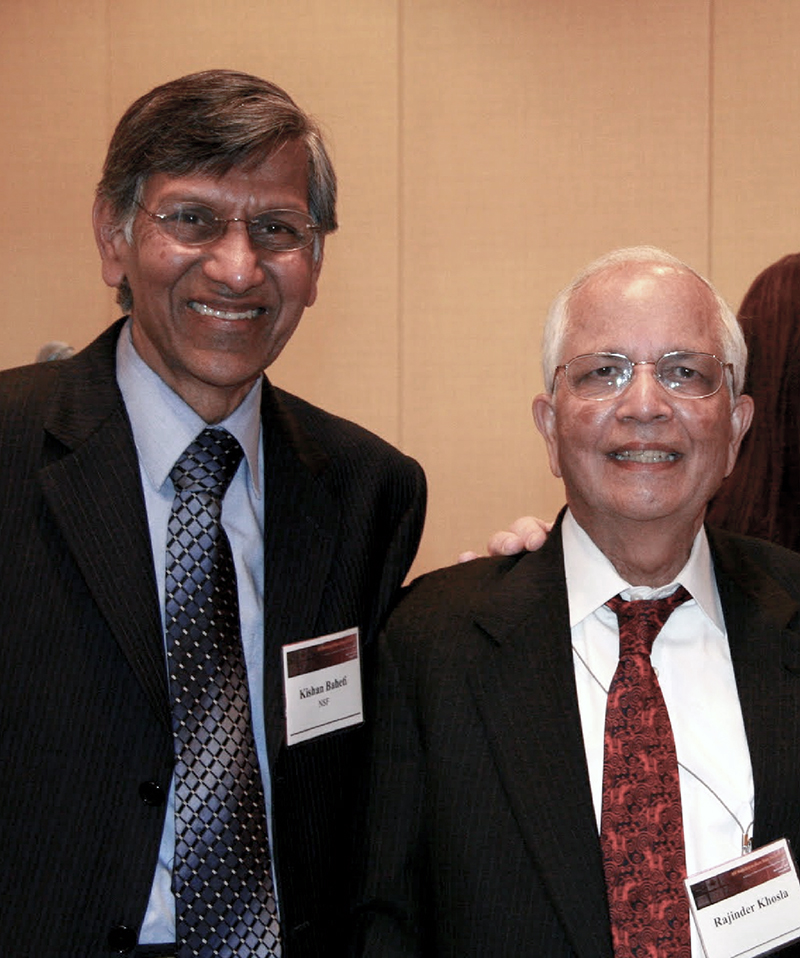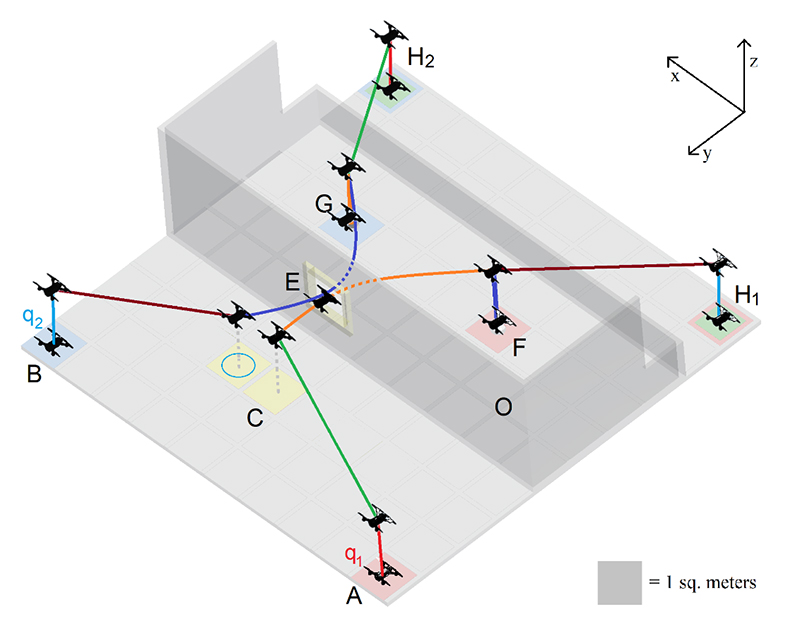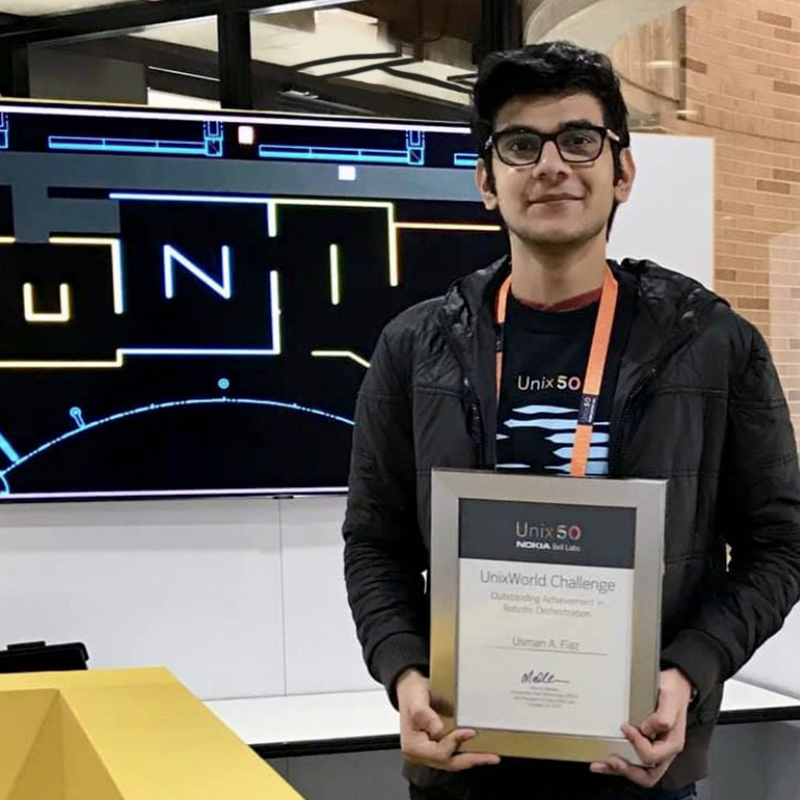News Story
Chapin, Fiaz and Mavridis win Wylie Dissertation Fellowships

From top to bottom: ISR graduate students Christos Mavridis, Ashley Chapin, and Usman Fiaz
Three ISR graduate students are winners of 2021 University of Maryland Graduate School’s Ann G. Wylie Dissertation Fellowships. These dissertation fellowships provide a semester of full-time support to University of Maryland doctoral candidates in the latter stages of writing their dissertations. Fellowship benefits include a $15,000 stipend, a candidacy tuition award, a credit for mandatory fees, and reimbursement for the purchase of an individual student health insurance plan for the semester in which the fellowship is applied.
Ashley Chapin, Fischell Department of Bioengineering, is advised by Professor Reza Ghodssi (EE/ISR) and Professor William Bentley (BIOE/Fischell Institute). Chapin’s dissertation work is titled “Serotonin Sensor Technology Integration into In Vitro and In Vivo Systems as Research and Clinical Tools to Address the Gut Brain Axis.” She is working on an ingestible micro device that can measure and assess serotonin produced in the gut to better understand its neurological effects in conditions as diverse as mood disorders and auto-immune diseases. Her video explanation of this research won the University of Maryland Three-Minute Thesis competition in 2020. Chapin went on to represent Maryland in the international finals; you can view her video, “Demystifying the Gut-Brain Axis,” at https://vimeo.com/459345776.
Usman Fiaz, Department of Electrical and Computer Engineering, is advised by John Baras (ECE/ISR). Fiaz has research interests in robotics, control and machine learning. His dissertation topic is “Assured Autonomy in Multi-Agent Systems with Safe Learning.” He is a current Graduate Research Assistant in the Maryland Robotics Center and has won a University of Maryland Outstanding Graduate Assistant Award. He is affiliated with the Autonomy, Robotics and Cognition Lab. Fiaz has worked with ABB Future Labs, Nokia Bell Labs, Mitsubishi Electric Research Labs and CERN.
Christos Mavridis, Department of Electrical and Computer Engineering, is advised by John Baras (ECE/ISR). Mavridis’s thesis topic is “Learning Latent Representations and Intrinsic Laws of Complex Systems.” His work will answer two problems: design for a universal learning architecture based on well-established architectural abstractions of the processing system of the auditory and visual cortex of humans, and learning the intrinsic laws of complex networked systems, ranging from animal flocks to social networks. Mavridis won the A. James Clark School of Engineering Distinguished Graduate Fellowship, the University of Maryland Outstanding Graduate Assistant Award, the Outstanding Graduate Research Assistant Award, and the Future Faculty Fellowship. He has completed internships at Nokia Bell Labs and Xerox PARC.
Published April 13, 2021
